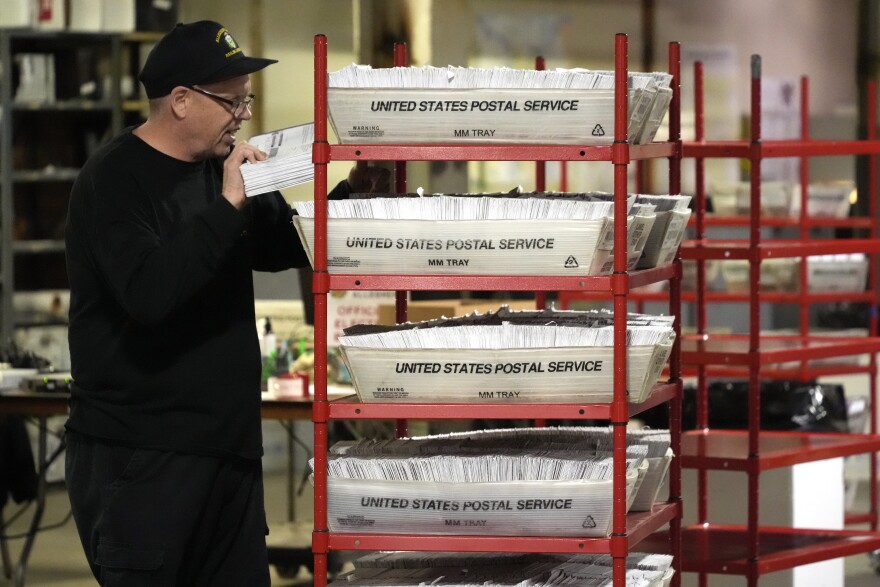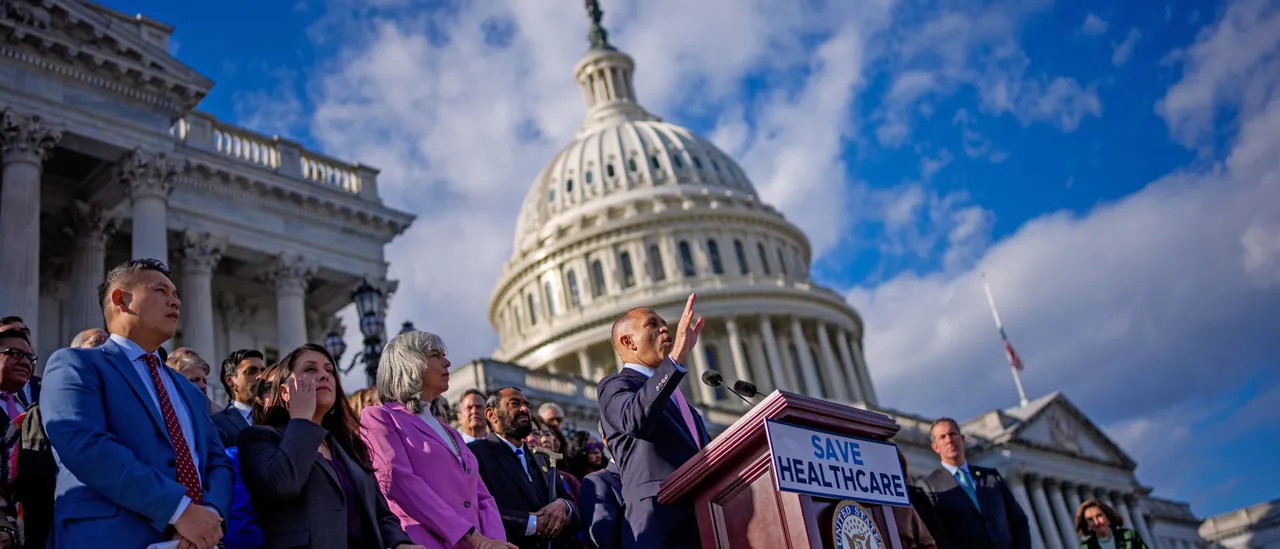President Donald Trump has publicly declared his opposition to mail-in voting, promising to “lead a movement to get rid of MAIL-IN BALLOTS.” This stance contrasts sharply with the approach of Pennsylvania Republicans, who are encouraging voters to utilize mail-in ballots as they aim to unseat three state Supreme Court justices in the upcoming November 2024 elections. The challenge is significant, as historically, achieving this objective requires mobilizing a robust voter turnout.
A video advertisement from the Republican State Leadership Committee highlighted the party’s change in strategy, stating, “In 2024, we voted by mail and flipped Pennsylvania red,” while directing voters to a website for requesting mail ballots. Veteran GOP consultant Christopher Nicholas pointed out the mixed messages that Pennsylvania Republican voters have received over the years. He noted that Trump’s long-standing criticism of mail voting has led to a slower adoption of mail-in voting options among their base. Nevertheless, there are signs that this trend is shifting.
As of now, approximately 12,000 more Republican voters in Pennsylvania have requested mail ballots compared to the last municipal election in 2023, with several weeks still remaining for requests. Nicholas observed that as more voters engage with mail voting, it is becoming less daunting for them, suggesting a gradual acceptance of this voting method.
Shift in Republican Rhetoric on Mail Voting
Historically, the Republican Party in Pennsylvania has been cautious about mail voting. Following the 2020 presidential election, many Republicans raised concerns about the integrity of mail-in ballots. Some legislators even attempted to repeal legislation from 2019 that facilitated mail voting. Consequently, from 2021 to 2023, only about 22% of mail ballot requests came from Republican voters.
However, a notable shift began to occur after Doug Mastriano, a Trump ally, lost his gubernatorial bid in 2022 by 15 percentage points. Mastriano publicly acknowledged that the party needed to embrace no-excuse mail voting, attributing his defeat to the reluctance of Republicans to utilize this option. In April 2024, Donald Trump Jr. appeared in a state GOP advertisement promoting mail voting, emphasizing its importance for those unable to vote on Election Day.
Despite Trump’s ongoing critique of mail voting, which he reiterated in an August 2023 social media post claiming “ELECTIONS CAN NEVER BE HONEST WITH MAIL IN BALLOTS,” the acceptance of mail voting among Republican voters appears to be growing. In the lead-up to the upcoming presidential election, Republicans made up 32% of voters requesting mail ballots, marking a significant increase.
Encouraging Participation Through Mail Voting
Local GOP leaders, such as Jim Billman, chair of the Berks County GOP, align with Trump’s views on mail voting, expressing a desire to see non-absentee mail voting eliminated due to concerns over potential fraud. Nonetheless, Billman acknowledges the need for Republicans to leverage mail voting to remain competitive against Democrats. He advises voters, “If you can’t get out to cast your ballot in person, cast a mail-in ballot.”
Political strategists often categorize voters based on their voting frequency, identifying a critical target group: those who rarely or never vote. These infrequent voters are seen as key to enhancing turnout through mail ballots. Billman emphasizes that voters receiving mail-in ballots have no excuse not to participate, stating, “You really have no excuse if your mail-in ballot comes to your house.”
The Pennsylvania Republican Party echoes this sentiment. James Markley, communications director for the state GOP, acknowledged mail voting’s imperfections but underscored the party’s encouragement of voters to use any “legal means necessary” to cast their votes. The GOP website lists mail voting as the primary method for casting ballots, followed by in-person voting.
Additionally, conservative activist Scott Presler has been using social media to promote mail voting, framing it as an “emergency backup ballot” for those unable to reach the polls on Election Day. Nicholas reiterated that the priority for party officials is ensuring that Republicans cast their votes, regardless of the method. “Winning a campaign,” he concluded, “is preeminent.”
The evolving narrative surrounding mail voting in Pennsylvania reflects a significant internal dynamic within the Republican Party as they prepare for the pivotal elections ahead.







